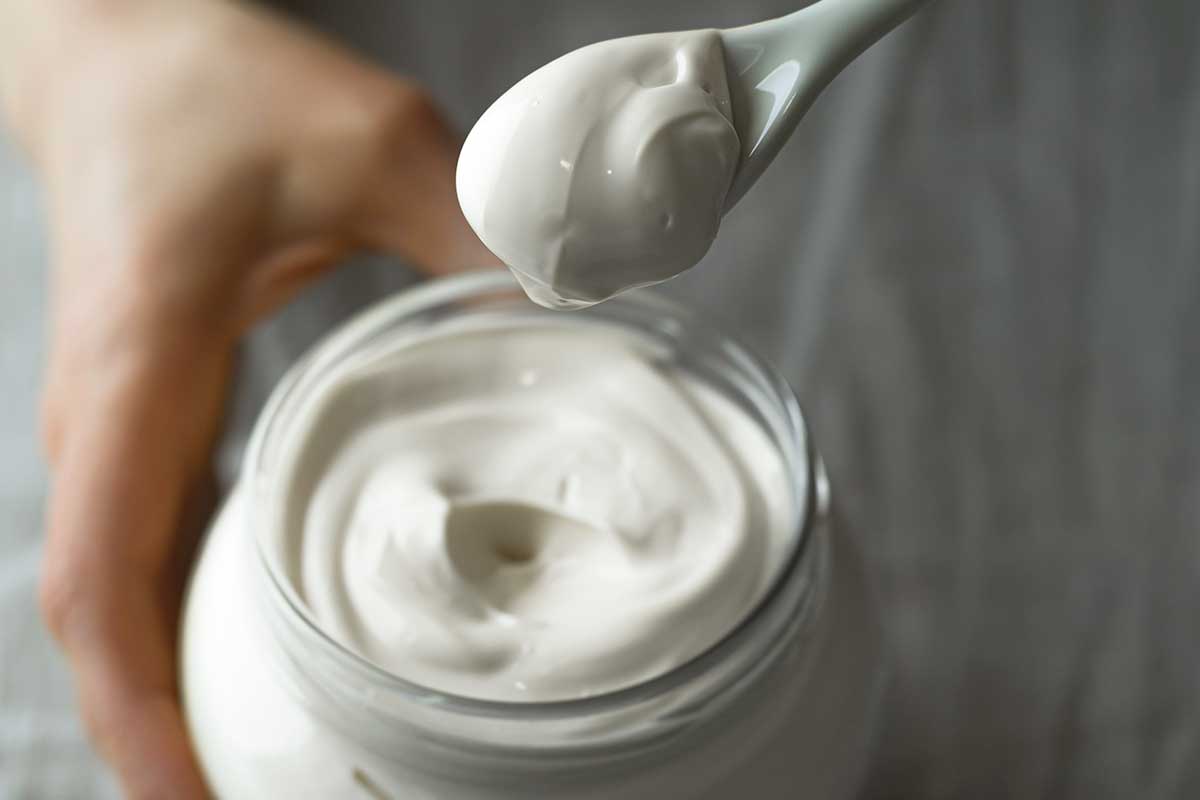What Food Group is Mayonnaise In? Important Details for BBQ Lovers
Written By James Morgan
As a barbecue enthusiast, understanding the ingredients and condiments you use can elevate your cooking experience. One common condiment that often raises questions is mayonnaise. You might be wondering, 'what food group is mayonnaise in?' This seemingly simple question can have significant implications for your overall dietary choices. In this article, we'll explore mayonnaise's food group classification and what it means for your grilling adventures.
To begin with, mayonnaise is generally classified under the fats and oils food group. It is primarily composed of egg yolks, vinegar, lemon juice, and oilingredients that are high in fat. So while it adds a creamy texture and delicious flavor to your dishes, it also plays a crucial role in your overall nutrition.

The Nutritional Profile of Mayonnaise
Before diving deeper into the food groups, it's essential to consider the nutritional profile of mayonnaise. A standard serving (about one tablespoon) typically contains:
- Calories: 94
- Fat: 10 grams (mainly unsaturated fats)
- Sodium: 63 mg
- Carbohydrates: 0.1 grams
- Sugars: 0 grams
- Protein: 0 grams
Given this nutritional breakdown, it becomes evident that mayonnaise is primarily a source of calories and fats, confirming its classification in the fats and oils category.
Mayonnaise and Its Role in BBQ
When it comes to barbecuing, mayonnaise may not be the first condiment that comes to mind. However, its versatility is astounding. Whether you're marinating meats or creating a flavorful salad dressing, mayonnaise has several applications that can enhance your BBQ dishes. For those seeking ideas on how to incorporate mayonnaise into your grilling repertoire, visit [AllRecipes](https://www.allrecipes.com/article/ways-to-use-mayonnaise/) for some exciting recipes.

Common Myths About Mayonnaise
Many misconceptions surround mayonnaise and its health impacts. Here are a few:
- Myth 1: Mayonnaise is unhealthy.
- Myth 2: All mayonnaise is created equal.
- Myth 3: You cant make healthy mayo alternatives.
While it's true that mayonnaise is high in fats, these fats can be beneficial when consumed in moderation and made with quality ingredients. Organic or homemade mayonnaise made from healthy oils can also be a fantastic addition to your BBQ spread.
Alternative Mayonnaise Options
If you're wary of traditional mayonnaise, consider alternatives available today:
- Paleo mayonnaise: This version uses only natural ingredients and may satisfy those on paleo diets. Learn more about paleo mayonnaise.
- Gluten-free mayonnaise: Many brands offer gluten-free versions, making it safe for those with gluten sensitivities. For more details, you can check out gluten-free mayonnaise.

Cooking with Mayonnaise: Tips for BBQ Enthusiasts
Incorporating mayonnaise into your BBQ preparations can make for exciting flavors and textures. Here are some practical tips:
- Use mayonnaise as a base for marinades. Pair it with herbs and spices to create a flavorful rub.
- Try mixing mayonnaise with barbecue sauce to create a tangy dip for your grilled vegetables.
- For an extra creamy coleslaw, mix shredded cabbage with mayonnaise and a touch of vinegar.
FAQ Section
Q1: Is mayonnaise a dairy product?
No, mayonnaise is not a dairy product. Its primarily made from egg yolks and oil, making it dairy-free.
Q2: Can mayonnaise be used in baking?
Yes, mayonnaise can add moisture and richness to cakes and baked goods. It's often used as a substitute for eggs or oil.
Q3: How can I thicken mayonnaise without using eggs?
You can thicken mayonnaise using alternatives like cornstarch or aquafaba, the water from canned chickpeas. For other methods, check our article on thickening mayonnaise.
Conclusion
Understanding what food group is mayonnaise in helps barbecue enthusiasts make informed choices when preparing their favorite dishes. While mayonnaise is classified as a part of the fats and oils group, its versatility in cooking makes it a worthwhile addition to your grilling arsenal. From creating mouth-watering burgers to adding flair to salads, the applications of mayonnaise are endless. So the next time you're firing up the grill, remember the power of mayonnaise!
As an Amazon Associate, I earn from qualifying purchases.



